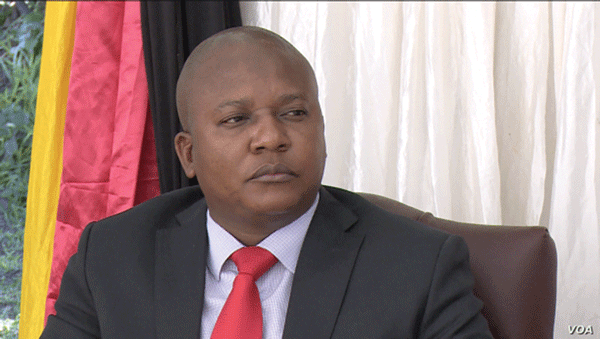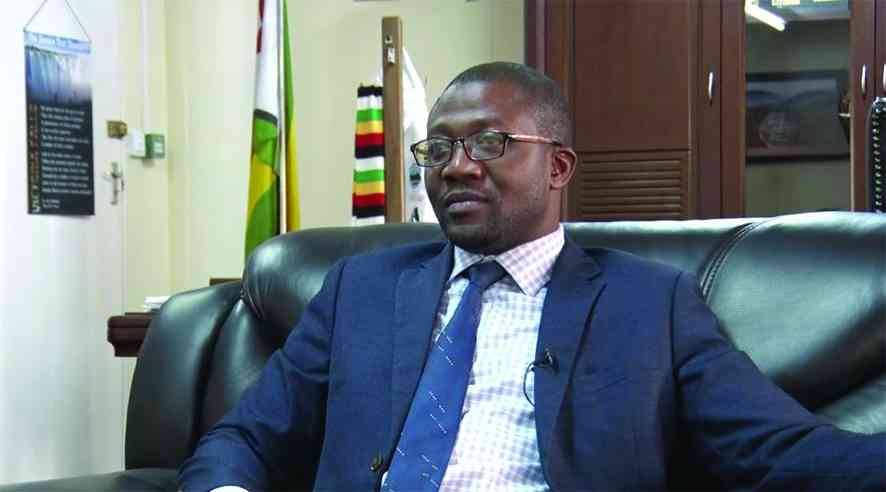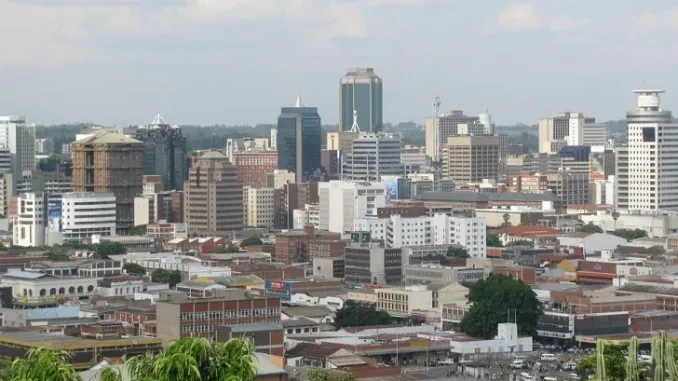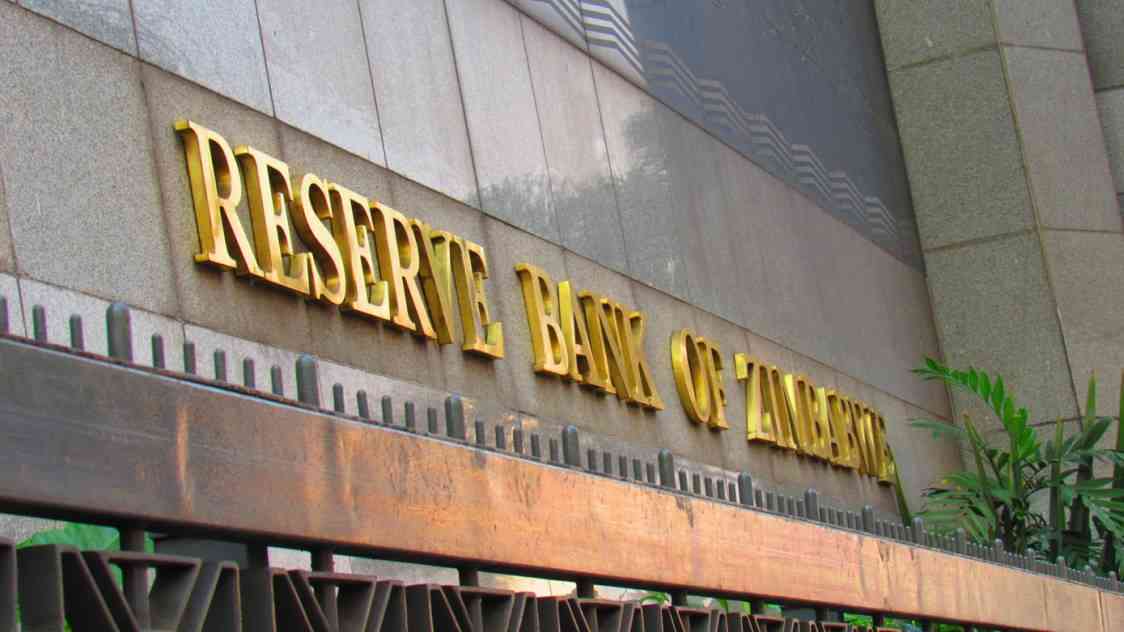
BY FREEMAN MAKOPA GOVERNMENT has set up an inter-ministerial team to oversee the improvement of security systems at ports of entry to curb mineral smuggling, Mines and Mining Development deputy minister Polite Kambamura has said.
A 2019 report by the International Crisis Group estimated that the country was losing around US$1,5 billion a year through the smuggling of gold, mainly to Dubai and other countries.
Black market sales of minerals are currently rife because Reserve Bank of Zimbabwe (RBZ) prices are lower than those being offered by illegal foreign dealers.
“The issue of mineral smuggling is one other area that the ministry is working on together with other government ministries and departments. An inter-ministerial team was set up to see that we plug all our ports of exit and entrance so that we improve security systems at those ports and also curb or minimise mineral leakages.
“Government is also working together with miners to improve mineral prices in the gold sector. I think you may be aware that government put a plethora of incentives to the sector to encourage the miners to deliver their gold to government and we have seen this move bearing results as evidenced by the increase of gold deliveries to Fidelity gold refineries from late last year to early this year,” Kambamura said.
In his 2022 national budget statement, Finance minister Mthuli Ncube said the country would ensure the US$12 billion mining industry was achieved by 2023.
The US$12 billion mining industry represents a 344% increase from the US$2,7 billion registered in 2017. The growth of a multi-billion-dollar industry will be driven by gold, platinum, diamond, chrome, iron ore, coal, lithium, and other strategic minerals.
Gold exports are expected to reach US$4 billion while platinum exports are seen at US$3 billion. Diamonds are expected to generate US$1 billion while chrome, nickel, and steel will also realise US$1 billion.
- Chamisa under fire over US$120K donation
- Mavhunga puts DeMbare into Chibuku quarterfinals
- Pension funds bet on Cabora Bassa oilfields
- Councils defy govt fire tender directive
Keep Reading
In support of this, a total of $3 billion was allocated to the Mines ministry for the implementation of the sector’s programmes and activities such as the amendment of the Mines and Minerals Act and operationalisation of the Cadastre System, among others.
Kambamura also said government had put in place mechanisms to ensure that proceeds from the mining sector benefited the nation.
“Minerals that we sell all go through government departments, for example, all other minerals except gold are marketed and sold through the Minerals and Marketing Corporation of Zimbabwe (MMCZ) and this is where we manage all the revenue, this is where government gets its royalties to the Ministry of Finance through MMCZ and for gold we sell through fidelity that is RBZ and to this effect the royalties from all mining operations are then channelled to the fiscus and budgeted or put into the mainstream of the economy.”
He added: “So this is one other way that government is doing to make sure that proceeds from the mining sector benefit all citizens. Projects that will be done under government using these monies will benefit everyone. There is an issue of community share ownership schemes or corporate social responsibility where government urges all mining companies to do community projects for the benefit of locals and other Zimbabweans at large. So, people or citizens, Zimbabweans, should benefit from what government is doing to see that all mining revenue is put back into the economy.”
- Follow us on Twitter@NewsDayZimbabwe











